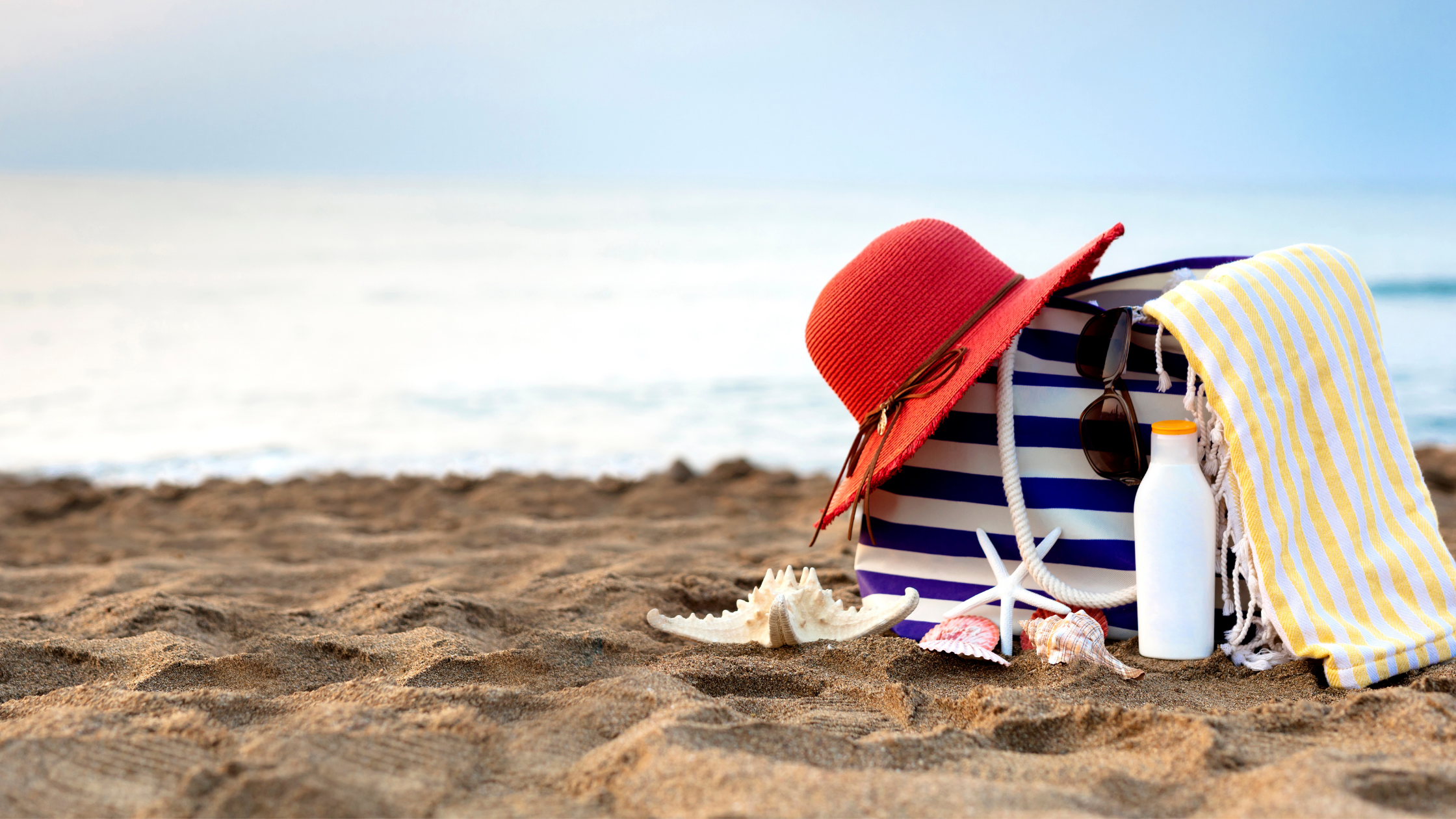Why Second Homes Need Special Insurance Coverage

Best practices for protecting your vacation or coastal property.
If you’re fortunate enough to own a second home, whether it’s a cozy coastal getaway, a mountain retreat, or a condo in your favorite vacation spot, it’s more than just another piece of property. It’s a place where family memories are made, where you unwind, and where you’ve invested both money and emotion.
But here’s the truth: second homes face risks that your primary residence simply doesn’t, and that’s why they require specialized insurance coverage.
At Wells Insurance, we believe protecting your assets is about more than just a policy, it’s about preserving your lifestyle, your peace of mind, and your legacy. Here’s what every second-home owner should know.
1. The Risks of a Home That Sits Vacant
One of the biggest differences between a primary and a second home is how often you’re there. A home that sits empty for weeks, or even months, can be more vulnerable to:
-
Break-ins or vandalism (especially if the property looks unoccupied)
-
Undetected damage, like a small roof leak that turns into a big problem
-
Weather-related damage that no one notices until it’s too late
Why coverage matters: Standard homeowners insurance policies may limit or exclude coverage if a property is vacant for extended periods. With second home insurance coverage, your policy is designed to address this reality.
2. The Coastal Property Factor
If your second home is near the water, especially in coastal NC, you know the beauty comes with risks. Hurricanes, flooding, and wind-driven rain can cause major damage, and some standard policies don’t cover these perils.
What to consider:
-
Wind & hail coverage - sometimes excluded and needs a separate policy
-
Flood insurance - essential even outside of designated flood zones
-
Hurricane deductibles - these can be higher than you expect
We’ve seen too many second-home owners surprised by what wasn’t covered after a storm. The right policy ensures you’re prepared before the next one hits.
3. Renting Out Your Second Home
Whether you rent it out for a few weekends a year or as a steady income stream, renting changes the risk profile of your property. Why?
-
Increased liability exposure if a guest gets hurt
-
Higher chance of accidental damage to your home or belongings
-
Need for loss-of-income coverage if damage prevents rentals
You may need a landlord or short-term rental policy to ensure you’re fully protected, not just the structure, but also your financial investment.
4. Seasonal Risks You Can’t Ignore
Second homes are often more exposed to seasonal threats, such as:
-
Frozen pipes in winter
-
Mold or mildew in humid months
-
Heavy storms during hurricane season
Specialized coverage can help protect against these seasonal threats, so you’re not left with unexpected repair bills.
5. Working with a Trusted Advisor
Second home insurance coverage isn’t one-size-fits-all. The right approach considers:
-
How often you occupy the property
-
Where it’s located and the local risks
-
Whether you rent it out
-
The value of the home and its contents
At Wells Insurance, we’ve been protecting coastal NC families for over 100 years. We take the time to understand your lifestyle, your goals, and your priorities so we can craft a policy that gives you stability and peace of mind, whether you’re here year-round or just for the season.
Protect Your Second Home the Right Way
Your second home is more than an asset, it’s part of your legacy. Let’s make sure it’s protected.
Contact Wells Insurance today to discuss your second home insurance coverage and ensure your property is safeguarded year-round. Because peace of mind shouldn’t be seasonal.


